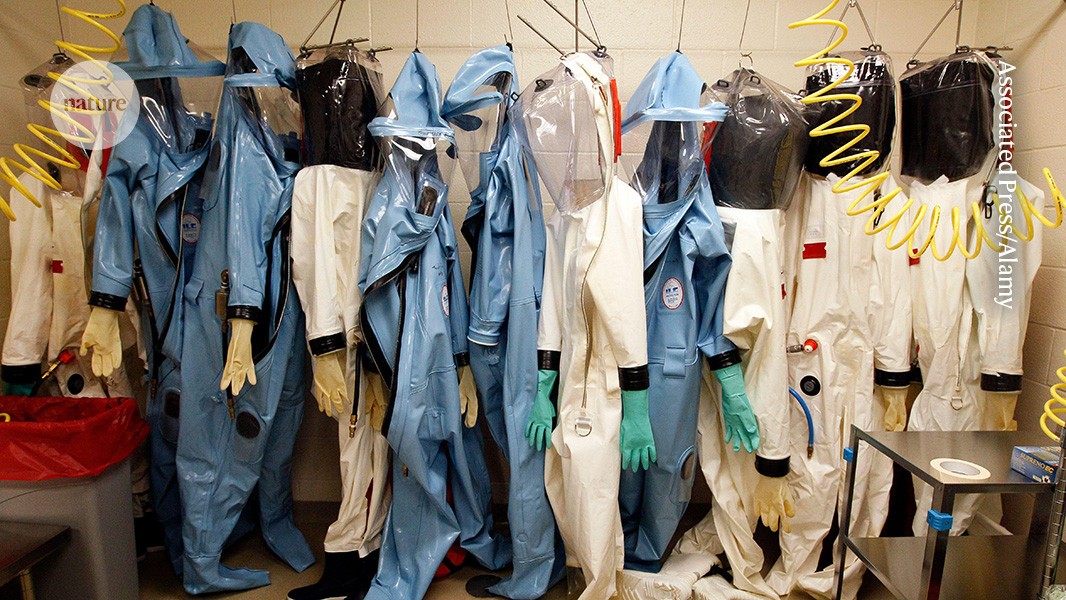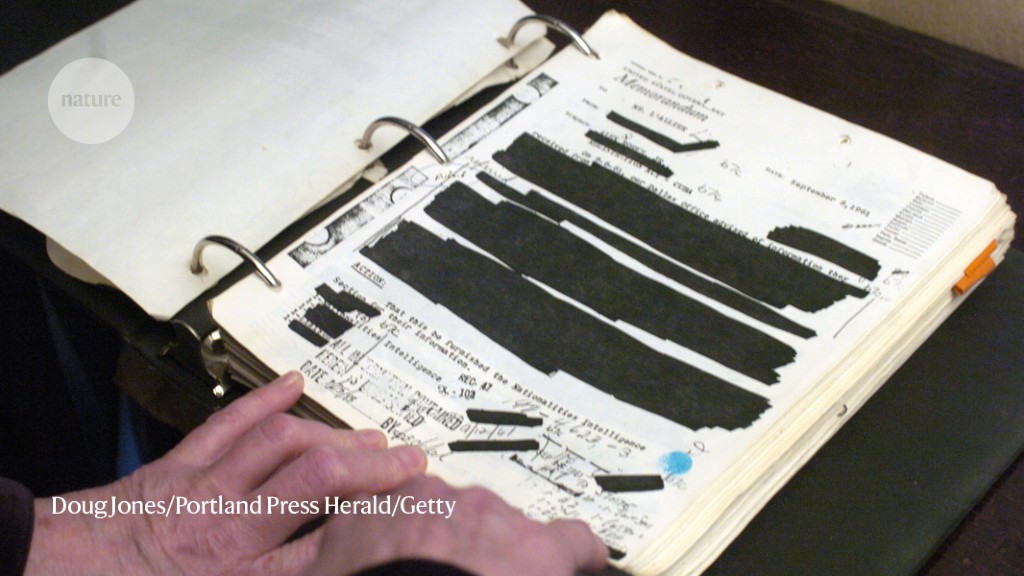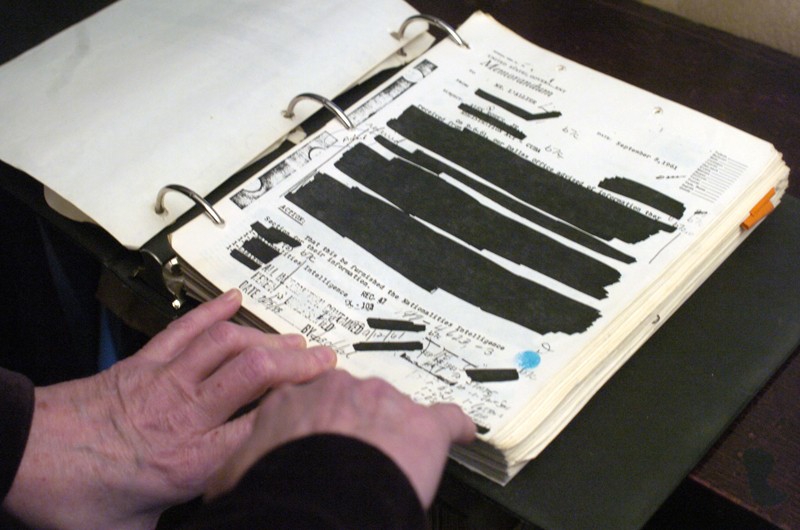Can there be any justification for a science-funding agency that makes its decisions in secret — especially if that agency is funded by the taxpayer? The UK government seems to think so. It will shortly launch a new ‘high-risk, high-reward’ funding agency, known as ARIA (Advanced Research and Invention Agency). ARIA, the UK equivalent of the US Defense Advanced Research Projects Agency (DARPA), will distribute £800 million (US$1 billion) to researchers in its first 4 years — considerably more than the £110 million a year available to all of the nation’s arts and humanities researchers. But few outside the country’s government, Parliament and audit watchdog will be able to scrutinize its decisions. That’s because ARIA will be exempt from freedom of information (FoI) laws, legislation that allows the public to access information collected and held by the government.
Funds for high-risk science are a good thing, but keeping decisions on that science under wraps isn’t — and researchers and some lawmakers are rightly concerned. They’ve been campaigning for ARIA to be subject to the usual rules of public access to official data. But the government is refusing. Earlier this month, the upper house of the UK Parliament failed to get this aspect of the draft law changed.
A government spokesperson told Nature that information on “delivery partners” (grantees) will be published, but it will be up to ARIA’s leadership to decide what and how much. The government has just announced who will helm the initiative. Peter Highnam, deputy director of the DARPA, will join as ARIA’s chief executive in May. He should, at the very least, ensure that ARIA’s grants data are integrated into the United Kingdom’s grants data portal, called Gateway to Research.
ARIA was created to combat a perception that funding agencies are stuck in a ‘bog of bureaucracy’. The thinking is that many rounds of applications and peer review quash creativity: researchers think reviewers will reject applications that are outside the consensus of existing scientific or technological opinion and are therefore reluctant to take risks. By contrast, ARIA’s architects say the agency will not “shy away from failure”.
But ministers have failed to explain precisely why ARIA needs to be exempt from FoI laws. The government has said that removing the requirement to deal with FoI requests will “reduce administrative burden from ARIA’s staff” so they can “find and fund the most cutting edge research”. But this is a nonsensical argument. UK research-funding agencies of ARIA’s size receive, on average, just 50 FoI requests per year — and it doesn’t prevent them funding world-class science. It’s also nonsense to suggest that transparency is incompatible with excellence and creativity.
A defence- and security-policy paper that the government published last March, called Global Britain in a Competitive Age, provides another explanation for the desire to keep ARIA behind closed doors. Science and technology are referred to throughout the document. The government sees both as key to countering external threats, from countries that the United Kingdom regards as hostile, for example, or involved in terrorism or organized crime. ARIA is mentioned as one component among wider reforms to the funding and governance of science. These reforms include comparatively larger funding increases going to science that will be spent directly by government departments, and new high-level committees in which government officials will be more involved in advising scientists on research priorities.
This is a shift from the approach of previous (Conservative and Labour) governments, which saw science as much as a tool of diplomacy to address global challenges as an instrument to boost competitiveness. For example, the Global Challenges Research Fund was set up to enhance international collaborations and to meet the United Nations Sustainable Development Goals. There’s a perception among researchers that this ethos has been replaced with one that aims to protect the nation from threats and to project the United Kingdom’s hard power, says James Wilsdon, who researches science and government at the University of Sheffield, UK.
But a security-focused approach for UK science does not justify exemptions from FoI laws. DARPA is subject to FoI laws. Between 2011 and 2019, it handled around 50 requests each year. If ARIA is freed from scrutiny, it will join a very small and exclusive club of publicly funded institutions, alongside the British royal family and the country’s various security and intelligence agencies. That makes no sense.
At an event in London last week, UK chief scientific adviser Patrick Vallance rightly said more science needs to be open — including the science used in defence and security. An agency that recognizes the value of failure to eventual success needs to be open, so that researchers can build and learn from what works and what doesn’t.
ARIA will give tremendous power to those who sit inside its black box, making decisions about whom and what to fund. If ARIA succeeds in creating technologies that shape society, it must not do so behind closed doors. Those who pay for it should have the ability to scrutinize its decisions.








More News
US funders to tighten oversight of controversial ‘gain-of-function’ research
Bird flu in US cows: where will it end?
Daily briefing: Why exercise is good for us